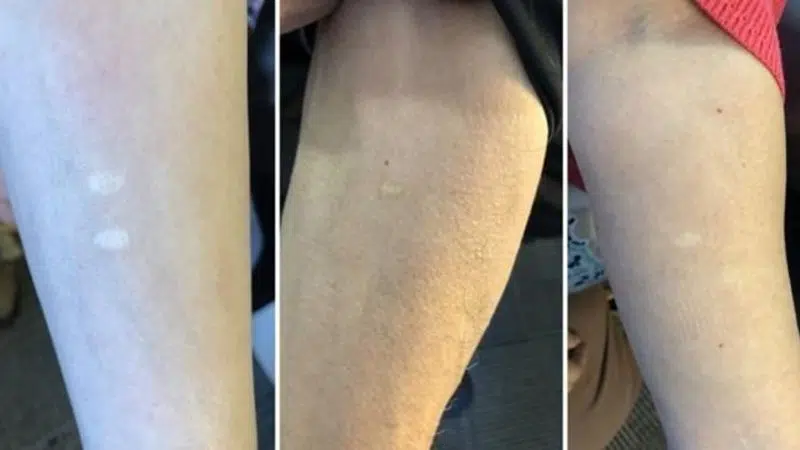
“Other people’s skin:” Inuit sue government over medical experiments
Five Inuit have filed a lawsuit against the federal government over medical experiments, including skin grafts, that they say were performed on them without their consent.
A statement of claim filed in Iqaluit, Nunavut, says the experiments were performed in Igloolik between 1967 and 1973 and involved three Canadian universities working with an international scientific program.
“They were doing some weird experiments,” said Inuit filmmaker Zacharias Kunuk, who says he still has scars from the day scientists from down south called him to a lab they had set up in his home town.
“They put other people’s skin on you.”
